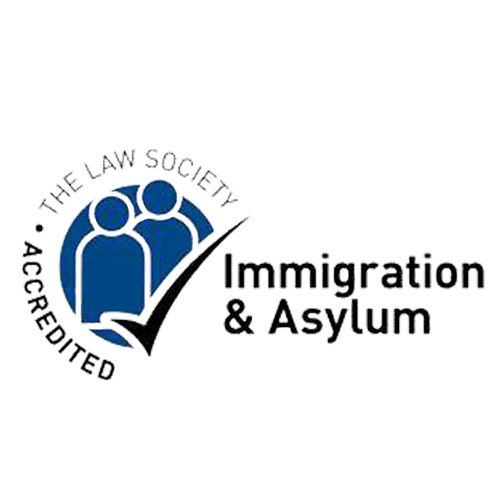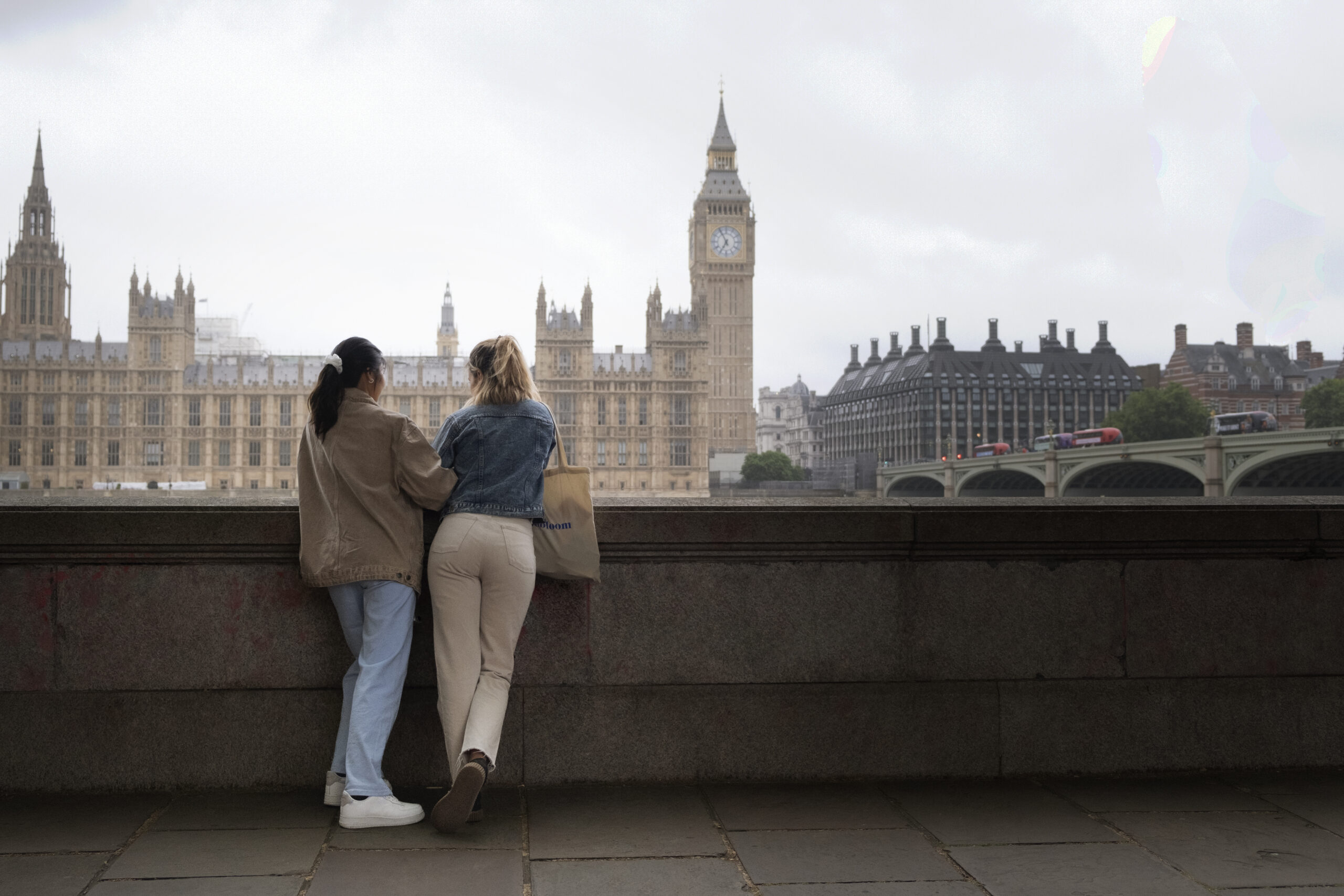Key Change: Refusal on Grounds of Illegal Entry
According to the new regulations, anyone who has previously entered the UK unlawfully and applies for British Citizenship on or after February 10, 2025, is likely to be denied entrance, regardless of how long ago the entry occurred:
This covers people who had no legitimate entry clearance or Electronic Travel Authorization when they entered the UK and took some risky trips like travelling through boats or hiding in vehicles or other modes of transport.
This rule is currently not applicable to those who arrived as passengers on a commercial airline.
Clarification on Entry by Air and Asylum Claims
The question of whether people who come by plane and then apply for asylum can still be regarded as having entered the UK legally has caused some misunderstanding. They can, is the response.
Whether or not a person has a visa, they are not deemed to have entered lawfully if they travel as a passenger on a commercial flight, present themselves to immigration control and legitimately request asylum upon arrival. This is because they did not evade or avoid border controls. Under immigration law, their initial arrival is still legal even if their asylum petition is later denied or they end up being an overstayer.
This distinction is supported by the Immigration Act 1971 which defines who an illegal immigrant is:
- It is someone who entered the United Kingdom unlawfully or seeking to enter in breach of deportation order or of the immigration laws; or
- Entering or seeking to enter by means which include deception by another person.
What About Previous Applications?
Prior to February 10, 2025, applications will still be evaluated in accordance with former regulations, which gave some leeway in evaluating past immigration violations. However, unauthorized entry during the previous 10 years could still result in denial even under the previous regulatory framework.
Understanding the 10-Year Rule
An individual may have their citizenship application rejected if their illegal immigration took place within the last 10 years. The 10-year timeframe is determined from the last interaction with the Home Office or other immigration officials in cases where the applicant avoids contact with immigration authorities or the precise date of entrance is unclear.
Special Considerations for Children
The Home Office may overlook immigration violations involving juveniles, especially if the child was born before the age of 10 and the violation happened due to circumstances beyond their control.
This is in line with recommendations for evaluating good character, which consider a child’s age and agency in making decisions.
Other Relevant Provisions in cases of Minors
Discretionary Provisions- Section 3(1), British Nationality Act 1981
Even if a minor does not fully meet the requirements, the Home Secretary may still register them as a British Citizen under this clause. In situations where rigorous adherence to the regulations may not be acceptable, applications under this section are evaluated on an individual basis, providing flexibility.
Human Rights Consideration- Article 8, ECHR
Private and family life rights are safeguarded by this clause. Children who have spent a significant portion of their lives in the UK may benefit form the strong protections it provides, particularly if removal would disrupt either social, educational or familial ties. Such cases can be quite persuasive when opposing decisions to remove or refuse.
Final Thoughts
Many people wishing to naturalise may be impacted by these new regulations, which represent a significant tightening of UK nationality policy. Even if there are still human rights-based and discretionary channels for relief, the overall strategy is now more stricter when it comes to illegal entrance.
At Addison & Khan Solicitors, we are committed to helping clients navigate these complex changes. If you or someone you know may be affected, we strongly advise seeking legal advice as early as possible.














